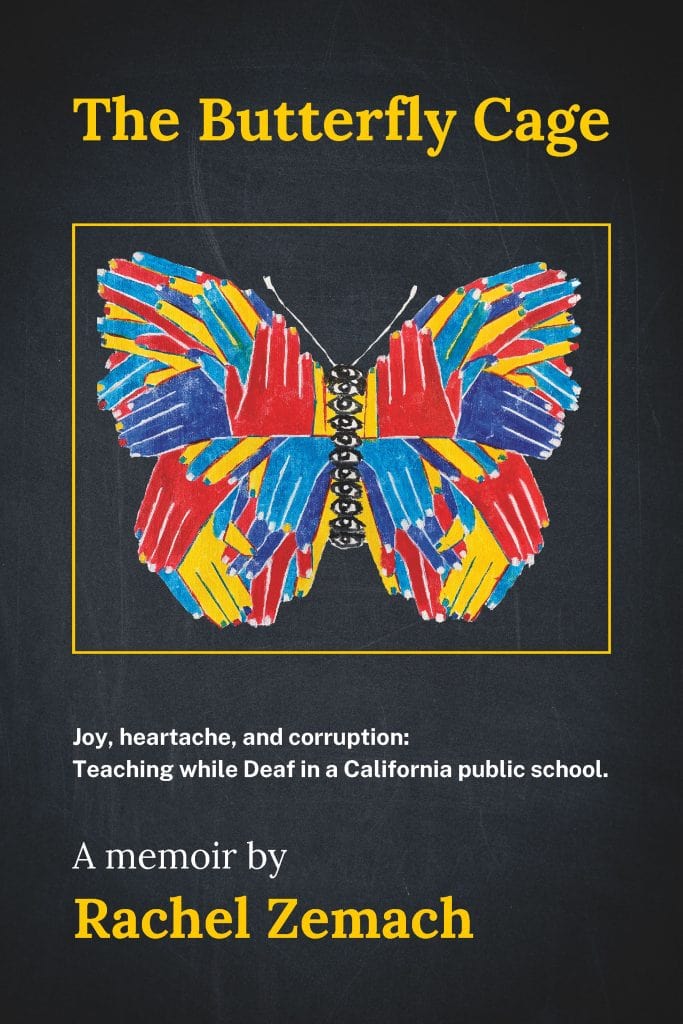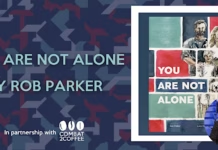From 2003-2013, this Deaf educator taught Deaf classes in a public elementary school in California. During this time she experienced and witnessed a variety of profoundly impactful things that moved her to become the advocate that she is today. Below she dives into one of the many instances where school administrators did more harm than good when it came to trying to support their Deaf students.
Rachel Zemach, Deaf educator, writer, and passionate activist on behalf of Deaf and hard of hearing children and adults, is sharing her experience and expertise in her upcoming memoir, “THE BUTTERFLY CAGE.” She shares captivating first-hand accounts from her life as a Deaf person and explores the differences in thinking between two major, and often conflicting, viewpoints on how to educate Deaf children, and how she saw the two different approaches impacting students.
“In one promising year, five of my fifth-grade students, who were Deaf/hard of hearing, were mainstreamed together into a hearing class with an excellent interpreter. They had a proud Deaf identity, were fluent in ASL, and were eager to explore their Deaf culture and support group during lunch breaks. However, their experience took a downturn when the General Education teacher discouraged them from attending the support group, even claiming that they were not Deaf but hard of hearing. By aggressively preventing them from embracing their Deaf identity, the administration thought they were helping the students fit into the hearing world. But many Deaf adults believe that embracing Deafness can be empowering, leading to a positive relationship with the hearing world and fostering a sense of community and connectedness. By openly discussing the dilemmas faced in the hearing world, we can prepare ourselves and share creative ways to overcome them, making it a win-win situation for everyone involved,” says Rachel Zemach, Deaf educator and author.
Our educators are just that, educators. We should trust them to understand the cultural aspects of Deafness and allow them to lead the charge in meeting the needs of Deaf students, fostering positive relationships with the hearing world and creating a supportive community for all students.
Zemach goes on to say that, “I believe the administration should have trusted me, as a Deaf adult, to lead the charge in what Deaf students needed. The General Ed teacher could have had the five girls tell the rest of the class what they were learning about, and teach them, too. She could have had them write essays about how they felt about their fledgling Deaf identities in a hearing world. She could have respected the cultural aspects of what my group was trying to do, and what the girls were begging me for, rather than trying to squelch it.

| [donate]
| Help keep news FREE for our readersSupporting your local community newspaper/online news outlet is crucial now more than ever. If you believe in independent journalism,then consider making a valuable contribution by making a one-time or monthly donation. We operate in rural areas where providing unbiased news can be challenging. |



















